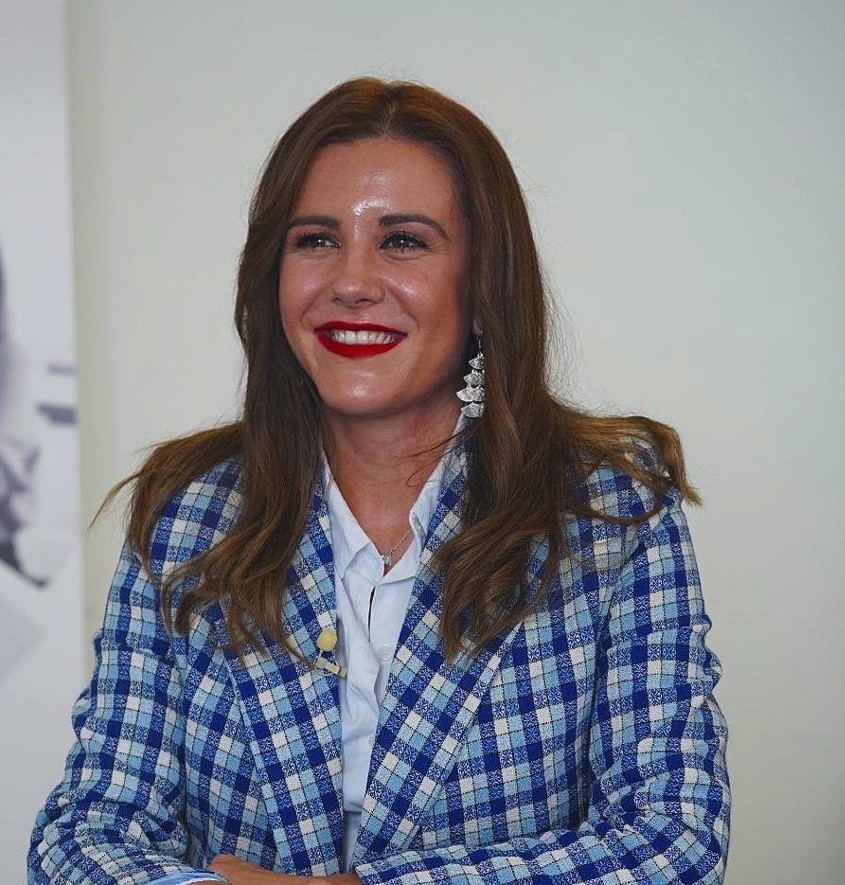An interview with Emilija Andonova and Gabriela Kostovska Bogoeska, Foundation for Management and Industrial Research
We aim to present herewith some of the work in the “POLICY ANSWERS” project through interviews with the partners and colleagues introducing their foci and plans. Read below an interview with our partners in North Macedonia, Emilija Andonova and Gabriela Kostovska Bogoeska, who lead our work to engage underrepresented groups and gender mainstreaming.

Emilia and Gabriela. Photo credits: MIR.
POLICY ANSWERS: In our joint project, MIR, the Foundation for Management and Industrial Research based in North Macedonia, is responsible for a task entitled “Engagement of underrepresented groups and gender mainstreaming”. Emilija, could you explain how is this understood in the project?
Emilija: The project is about effective policy dialogue in the Western Balkans, a dialogue that promotes values like equal opportunities and inclusiveness. Our task places emphasis on gender mainstreaming and intersectional aspects of exclusion and provides cross-cutting input on gender equality and inclusion of underrepresented groups like minority communities, people with disabilities, refugees and other disadvantaged groups. The focus is not only on the policy processes, but on the project as well. More specifically, efforts will be placed for securing gender mainstreaming and inclusiveness of the POLICY ANSWERS activities, for building capacities for gender mainstreaming and inclusion, promoting peer-exchanges and discussion on these topics and increasing their visibility in the region.
POLICY ANSWERS: How would you describe the starting position in the region in terms of such engagement and what do you consider as the main challenges?
Gabriela: The EC progress reports for the Western Balkan economies recognize numerous challenges to gender equality, from gender stereotyping and gender-based violence and the lack of gender mainstreaming, to discrimination in the labour market, political participation and decision-making. Gender segregation of occupations, women’s under-employment, large share of unpaid care and domestic work and high levels of gender-based violence impede women’s full economic empowerment. Gender mainstreaming of policies and programmes can contribute to resolving these challenges, but it has been used in limited and non-systematic manner. Usually, the focus is rather narrow, on training of civil servants and mainstreaming fiscal policies, without addressing all policy areas and both dimension of gender mainstreaming, firstly, gender representation and secondly, gender responsive content. Both need to be taken into consideration in all phases of the policy-making process. The availability of gender mainstreaming resources and tools is also limited, whereas the civil society is trained, supported and involved in gender mainstreaming mainly on an ad-hoc basis. Intersectional discrimination is an even greater issue, hindering further exploiting the full potential of inclusive and peaceful societies, the full expression of a participatory citizenship, and equal opportunities.
To address some of these challenges, for example, UNDP, the United Nations Development Programme, and RCC, the Regional Cooperation Council have designed a women empowerment framework of priority areas for joint actions, including gender mainstreaming, particularly concerning the socio-economic recovery plans after the COVID-19 crisis.
In the POLICY ANSWERS project, we will undertake a stakeholders’ analysis that among other will map different initiatives and good practices at national levels as well for joining forces and creating synergies on the addressed topics. We also cooperate with the WBC-RRI.NET project that has a strong foothold in the area of “Responsible Research and Innovation” where gender and inclusiveness are also among the key priority areas. Gender equality in research and innovation as a priority in the region has been strengthened progressively, as showcased by the latest EC report SHE Figures 2021. The WB countries are doing fine when it comes, for instance, to the number of women among PhD students or researchers. But looking beyond these numbers, there are many serious and persistent challenges of underrepresentation and inequality. Examples include less women on managerial positions or in authorship teams, less innovators or difficulties in accessing research funding. At the same time, institutional changes and introduction of effective gender equality policies are yet to be done. Also, women enrol less in STEM education and stay less in the STEM labour market, mainly due to the gender stereotypes and gender discrimination. And very often, the promotion of STEM in the region is focused on the ICT sector only. We need to think broader and include other subfields in math, science, technology and engineering.
POLICY ANSWERS: What will be your concrete activities?
Emilija: Together with our partners in the project, we are working on defining concrete actions for securing that the project activities are gender mainstreamed and inclusive. We will follow up on these recommendations and make improvements whenever needed. We are planning to organize a dedicated input to the regional innovation academy on these topics as well as to develop learning resources in local WB languages, making the existing know-how more accessible in the region. We will also work on promoting regional networking and co-creation among peers, by organizing dedicated peer-learning webinars and regional consultation meetings. And finally, we will invest efforts in securing visibility by publishing articles, preparing and disseminating communiques and briefs, and other dissemination and visibility actions.
POLICY ANSWERS: We are looking forward to the outcomes of your work and thanks, Emilija and Gabriela, for your availability to share your plans!
